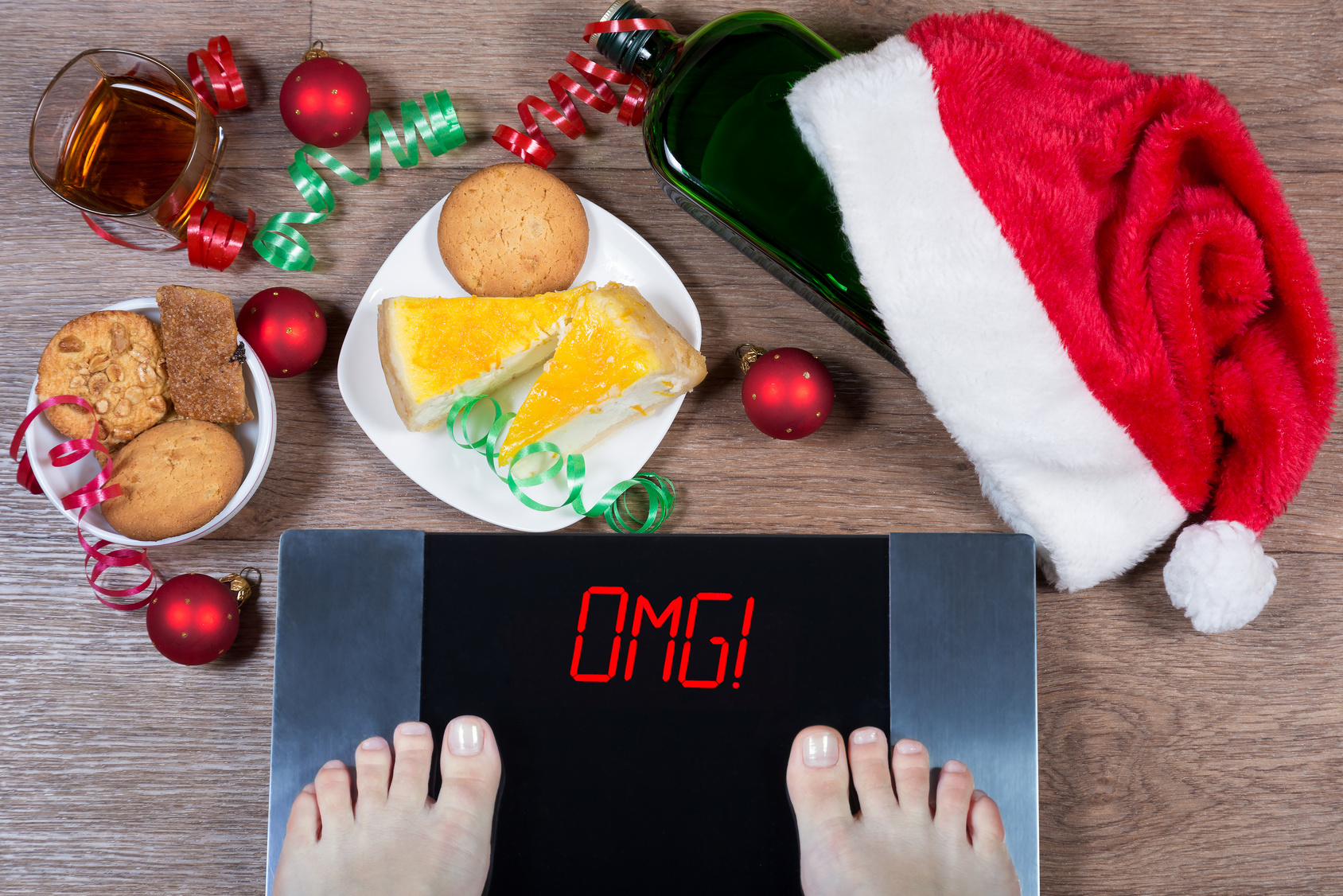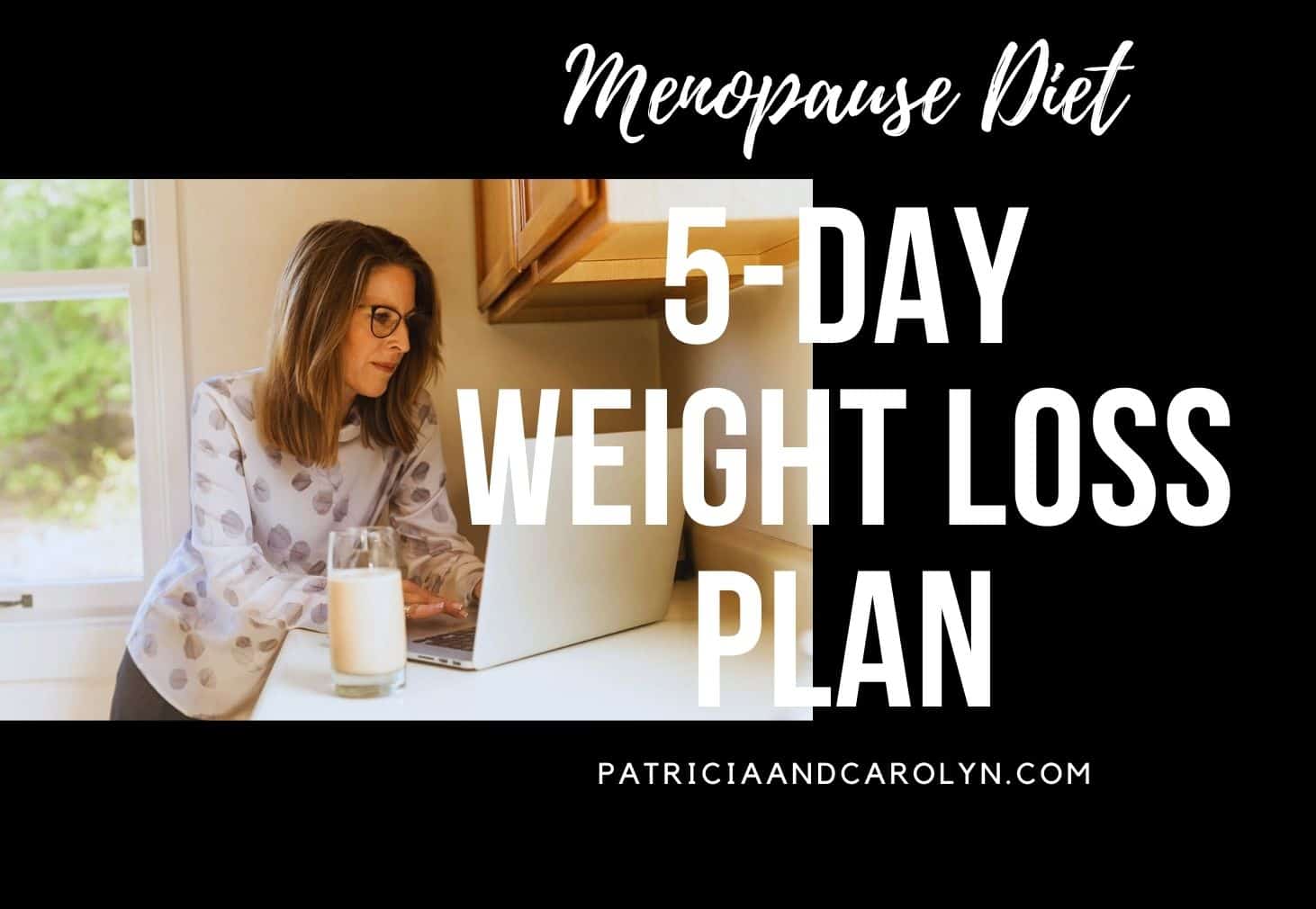
Eating the right foods is an excellent way to boost metabolism. It can be difficult to choose the right foods. Media often presents conflicting messages about what food groups are best. There are many foods that increase metabolism. Read on to find out how to improve your metabolism naturally. Below are some suggestions for foods you should add to your diet. It is important to drink lots of water, increase the fiber in your diet, and exercise often.
Protein-rich foods
You can increase your metabolism by eating more protein-rich foods. Your metabolism will be more efficient for many hours if you eat more protein. Proteins have more calories than carbohydrates. Your body will therefore need to use more energy in order to digest them. It is a good idea to consume between four and six ounces of protein, complex carbs, vegetables, as well as healthy fats. Regular consumption of protein-rich foods will increase your metabolism and help you avoid overeating.

Exercise
Research on exercise's ability to boost metabolism is mixed. The idea that exercise may increase metabolic rate in short, intense bursts has been supported. This is based on only 16 healthy young men. The study confirmed that exercise can improve metabolism. However, it did no longer follow-up for more than two weeks. As a result, it is too early to conclude that exercise is beneficial for general health, metabolism, and cardiovascular risk. There is more research needed. This includes a larger group of people, and for a longer time period.
Cold water is best
There are many benefits to cold water that go beyond simply quenching thirst. Drinking cold water boosts metabolism by helping you to burn calories. It also reduces the amount of energy it takes to warm the fluid. According to the Centers for Disease Control, one cup of water just above freezing has the thermogenic effects of one plain M&M.
Add more fiber to your daily diet
Your metabolism will improve by adding more fiber to your diet. This will increase your satiation. This can help with weight loss as you will feel fuller if you eat less sugar. It is a great way to increase your fiber intake to choose fruits with high fiber content like passionfruit. Guavas are another fruit rich in fiber. Consume prune juice or the whole fruit if you prefer it in liquid form.
Warm water with half a lime or whole lime
Many people turn to limewater to boost their metabolism during flu and cold season. Vitamin C in this fruit helps fight off illness. It also has antioxidant properties, which can help reduce cholesterol levels and improve your immune system. Moreover, the acidity in lime water aids digestion and stimulates bowel activity. For heartburn sufferers, lime water can be recommended 30 minutes prior to your meal. This will help soothe the burning sensation.

Eating after dinner
The time when you eat can influence the speed of fat burning. Research shows that eating late at night reduces fat burning by 10 percent. You may gain weight if you eat too late. You can decide whether eating after dinner boosts or decreases your metabolism. This article will cover some of the pros and cons of eating after dinner.
FAQ
What can I eat while on intermittent fasting in order to lose weight?
To lose weight, the best thing to do is cut back on carbs. This means you have to cut back on carbs such as bread, pasta rice, potatoes, and any other carbohydrate-based food.
Protein will also keep you fuller for longer so try to limit how much you eat. So you won’t feel hungry as often.
Instead, focus on foods that contain healthy fats, such as olive oil, avocado, nuts, and seeds. These foods keep you satisfied even after hours of eating.
It is important to drink enough water. Hydration is key to burning fat.
These foods may be what you crave when you eat fast. But that doesn't mean you have to give in to those cravings. You might gain more weight if you do.
Keep an eye on the amount of food you eat throughout the day to avoid overeating. If you feel hungry, drink water and not reach for another snack.
It might sound counterintuitive at first, but it has been shown that this can help you slim down. A study published online in Obesity revealed that people drank more plain water than they did sugary drinks.
Consuming water plainly also helped to decrease hunger. If you want to lose weight, avoid sweetened beverages and drink water.
If you want to lose weight, you don't need to count every calorie or deprive yourself of certain foods. Instead, make small lifestyle changes.
Try swapping out your usual breakfast sandwich in favor of a bowl o' oatmeal. Consider swapping out your afternoon cookie in favor of a piece if fruit.
These simple swaps will add up over time and help you shed pounds without spending hours in the kitchen.
What foods will help me lose weight more quickly?
You can lose weight more quickly by eating fewer calories. Two ways to achieve this are:
-
Reduce the number of calories you take in daily.
-
Increase the number of calories you burn through physical activity.
It is not easy to reduce the calories you consume. Everywhere you turn, there are many calorie-dense fast foods. Here's a list that will help you lose weight.
-
Beans are high on fiber and protein. Beans are low in fat and therefore a great choice for those who are trying to cut down on their caloric intake.
-
Oatmeal is low in calories but high in nutrients like magnesium and potassium. Oatmeal is lower in sugar than other cereals.
-
Eggs contain high levels of protein and cholesterol. Eaten eggs one or two times a week can help boost metabolism and allow you to burn more calories.
-
Whole grain bread has been shown to reduce hunger pangs so that you may feel fuller longer.
-
Dark chocolate is loaded with antioxidants and flavonoids, substances that have been linked to lower blood pressure and improved heart health.
-
Cottage cheese is rich with calcium, which helps build strong bones. It also provides a good source of vitamin D, which boosts immunity.
-
Omega-3 fatty Acids are a key component of salmon. They promote brain development, and improve cardiovascular function.
-
Green tea is rich in catechins, compounds which fight cancer and increase metabolism.
-
Broccoli, a rich source of folic acid, is great for lowering homocysteine levels. A higher risk of developing heart disease and stroke is associated with high homocysteine levels.
-
Yogurt is an excellent way to include probiotics in your diet without adding sugars. Probiotics are vital for good digestive health.
-
Berries are delicious and nutritious snacks. There are many great sources of vitamins, minerals in blueberries, strawberries, blackberries and raspberries.
-
Avocados are high in healthy fats. A half avocado has only 80 calories and offers plenty of filling fiber and potassium.
-
Nuts make a delicious snack and are also a good source of protein. Almonds, cashews, hazelnuts, pecans, walnuts, and pistachios are all great choices.
-
Sweet potatoes are another starchy vegetable that's packed with beta carotene, which makes your skin glow. The orange variety is particularly beneficial because they contain higher amounts of beta carotene than regular sweet potatoes.
Why not lose weight before your 40th birthday?
People over 40 should take care of their health and keep fit. It is also crucial to find ways to keep fit throughout life. This means regular exercise and eating healthy, as well as not smoking and moderate alcohol.
It is also crucial to recognize the fact that our bodies age. Our bones become weaker, and our muscles begin to shrink. The best way to slow down the aging process is to take care of ourselves.
There are many benefits to staying healthy and fit as we age. These include:
-
Better sleep
-
Improved moods
-
Energy levels increase
-
Lower risk of getting cancer
-
A longer life
-
More independence
-
Better sex
-
Better memory
-
Improved concentration
-
Better circulation
-
Stronger immune system
-
There are fewer aches and pains
How Much Exercise is Required to Lose Weight?
The amount of exercise needed for weight loss depends on several factors, including age, gender, body type, and how much you weigh. Most people need to exercise at least 30 minutes five days a weeks.
The American College of Sports Medicine recommends 150 mins of moderate-intensity aerobic exercise per week spread over three consecutive days.
If you are trying to lose 10 pounds, 300 minutes of moderate intensity exercise per week is a good goal. This includes activities such swimming laps (brisk walking), biking, dancing and playing tennis.
You can start out by doing 20 minutes of intense activity three times a week. You could do sprints, lifting weights or jumping rope.
Aerobic exercise is a great way to burn calories and build muscle mass. Muscle burns a lot more calories than fat. So building muscle can help you lose weight faster.
What length of Intermittent Fasting should I be doing to lose weight?
It is not as easy as you think. There are many factors that need to be taken into consideration when deciding how many days of fasting is necessary for optimal fat loss. These are:
-
Your age. If you are younger than 40, intermittent fasting might be too difficult because you have less time for recovery after each fast. However, intermittent fasting may be too difficult for older people (over 60) who might not have the energy to continue a long period of daily fasting.
-
Your current body composition. You'll be most successful if you have lots of muscle mass. For those with less muscle mass, however, you may be able to benefit from shorter fasting times.
-
How physically active are you. Regular exercise may mean that your fasting window needs to be extended to allow you to get sufficient rest between sessions.
-
Your past health history. Extra fasting may be necessary for people who have heart disease, diabetes, cancer, or other medical conditions.
-
How do stress and anxiety affect you? Stressful situations often make us eat less. You might need to lengthen your fasting windows in order not to have this problem.
-
It is the type of diet you are following. Certain diets, like ketogenic diets, may require even longer fasting periods.
-
Your sleep quality. Insufficient sleep has been associated with decreased metabolism and increased appetite. It may take some trial and error before you find the right combination.
-
The amount of protein you consume. Protein stabilizes blood sugar levels. Therefore, eating more protein could result in lower insulin levels. This would allow for you to fast more often.
-
Whether you're trying to gain or lose weight, people who are trying to gain weight usually require longer fasting periods than those who are trying to lose weight.
-
How many calories do you consume in your fasting windows? Fasting fewer calories per day may result in greater fat loss than fasting for more calories per day.
-
Your overall fitness. A person who is very fit will burn more calories every day because they are faster.
-
Your gender. Women tend to have a greater appetite than men, so they might need to fast for longer periods. Women are more likely to have smaller appetites and may need to fast only 20-30 minutes every day.
-
Your lifestyle. Are you someone who is active? Do you exercise multiple times a week or do you just go to the gym? Does your job involve sitting at a desk all day long? These things could impact the speed at which you should go.
-
How much money do you spend on food? Eating healthy foods doesn't necessarily mean spending much money on groceries. It's possible to save money by purchasing whole grains rather than white bread, fruit instead of candy bars, lean meats instead fatty cuts, and fruits instead of candy.
-
You need to be able to control your hunger. Fasting may not be necessary if you don't want skip meals.
Can I eat fruit while on intermittent fasting
You can't go wrong with fruits. They are rich sources of vitamins, minerals. Fiber, antioxidants, as well other nutrients. But, they can also contain sugar that can spike blood glucose levels. This can lead both to insulin resistance and weight loss. You can lose weight by following an IF diet. Make sure to eat low glycemic fruits like apples, pears and berries.
Are there any side effects of intermittent fasting?
Intermittent fasting does not have any known side effects. You might have minor problems if your plan is not well thought out.
If you skip breakfast, your day might be interrupted by irritability. It is possible to experience headaches and muscle cramps.
These symptoms usually disappear within a few days.
Statistics
- Among women, the increase in metabolic rate was nearly 4%, or 50 more calories per day (14Trusted Source (healthline.com)
- According to Harvard Health, it's estimated that a 155-pound (70-kg) person burns around 167 calories per 30 minutes of walking at a moderate pace of 4 mph (6.4 km/h) (5). (healthline.com)
- One 6-month study showed that simply doing 11 minutes of strength-based exercises 3 times per week resulted in a 7.4% increase in metabolic rate, on average. (healthline.com)
- According to a study sponsored by the American Council on Exercise, a person weighing around 140 pounds (64 kg) would burn 108 calories at a 30-minute beginner's Pilates class or 168 calories at an advanced class of the same duration (26). (healthline.com)
External Links
How To
9 Tips to Lose Weight Naturally
Losing weight is one of the most common problems faced by people worldwide. It's very difficult to maintain a healthy lifestyle when you are constantly trying to lose weight. While you can lose weight through diet and exercise, it is not permanent.
I will be sharing some natural ways to lose fat without side effects today. Let's start!
-
Lemon Water Lemon water can help to eliminate toxins from the body. This beverage detoxifies your body and boosts your energy levels throughout the day. This drink can help you lose weight.
-
Consume more vegetables. Vegetables are rich in fiber, vitamins, minerals and antioxidants that are vital for our health. They can also give you a feeling satiated. Eating vegetables can help you lose weight.
-
Increase Protein Intake. Protein is an essential nutrient that plays a key role in building muscles. High-protein diets can help you lose weight and build muscle.
-
Green Tea. Green tea has caffeine, which lowers appetite and speeds up metabolism. Caffeine has been proven to increase thermogenesis (the process that heat is generated). Thermogenesis is the reason why coffee drinkers tend to have lower levels of fat compared to non-coffee drinkers.
-
Use cold showers. You can burn more calories by taking cold showers. According to research, taking cold showers burns up to 50% more calories than taking warm showers.
-
Avoid Alcohol. Alcohol is known to be a stimulant, which can lead you to overeating. Alcohol consumption can cause weight gain.
-
Cardio Exercise Daily. Cardiovascular exercise is proven to help you lose weight. It improves blood circulation, energy levels, and keeps people fit. You can walk, run, swim, cycle, swim, ski, bike, hike, dance, row, or just do some of the other activities.
-
Avoid skipping meals You can control hunger pangs by eating small meals throughout the day, rather than three large meals. It's better not to skip meals as it can cause fatigue and lackluster concentration.
-
Reduce Sugar Consumption. Sugar is addictive and can negatively impact your mood. Sugar can temporarily give you energy but you feel tired and sluggish after you stop eating it.